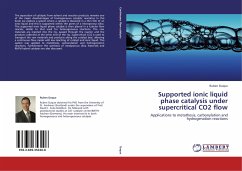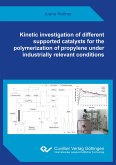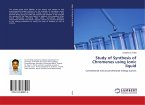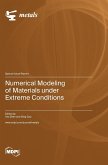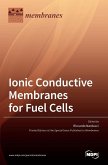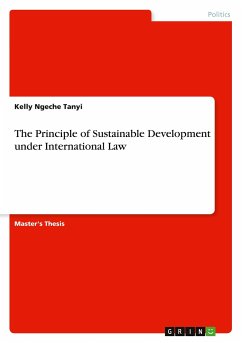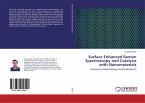The separation of catalysts from solvent and reaction products remains one of the major disadvantages of homogeneous catalytic reactions. In this book we explore a system where a catalyst is dissolved in a thin film of an ionic liquid and this is supported within the pores of a microporous silica. This supported ionic liquid phase catalyst is then placed in a tubular flow reactor, similar to that used for heterogeneous reactions. The raw materials are injected into the rig, passed through the reactor and the products collected at the other end of the rig. Supercritical CO2 is used to transport the raw materials and products along the catalyst bed, allowing a continuous flow mode with low leaching of catalyst and ionic liquid. This system was applied to metathesis, carbonylation and hydrogenation reactions. Furthermore the synthesis of mesoporous silica materials and Rh/Pd hybrid catalysts are also discussed.

